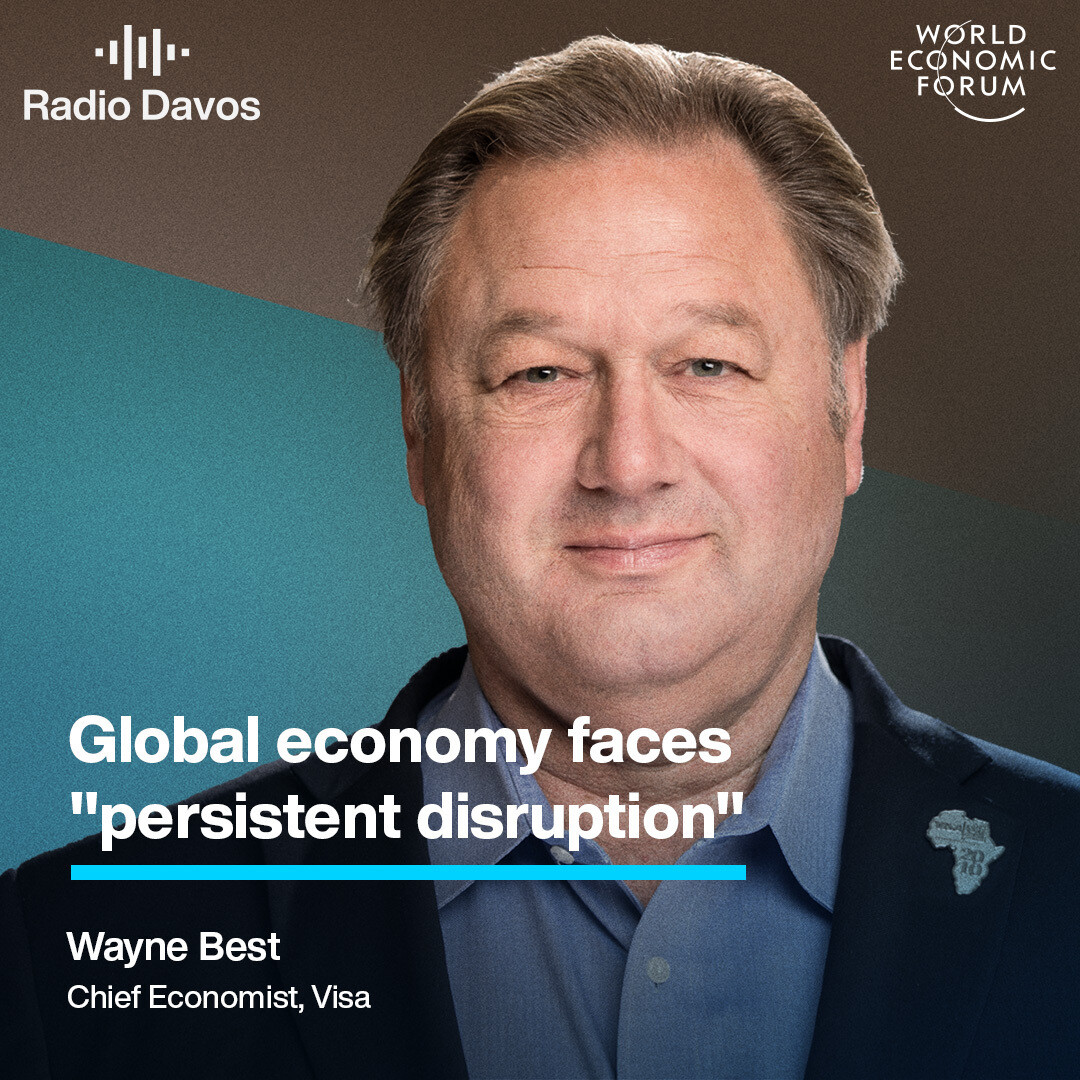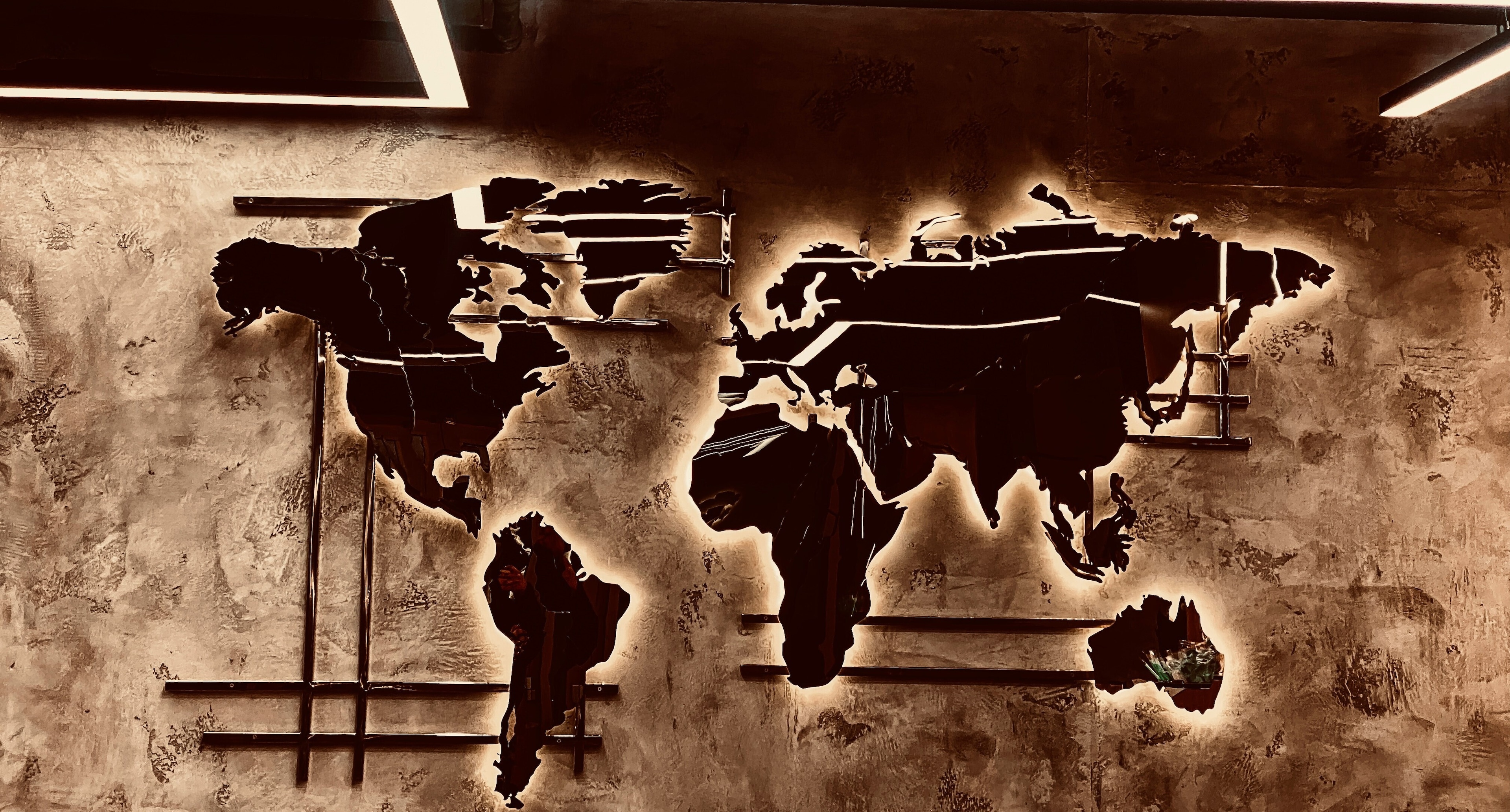Economic cooperation between North and South Korea could be worth $150 billion

The neighbours remain technically in a state of war.
Image: REUTERS
Stay up to date:
Republic of Korea
A third summit of Korean leaders planned for next month will be a further step towards denuclearisation of the peninsula and a peace treaty to end the Korean War, South Korea’s President Moon Jae-in said on Wednesday.
North Korean leader Kim Jong Un vowed to work towards denuclearisation at a landmark summit in Singapore with U.S. President Donald Trump in June, but the two countries have since struggled to agree on how to reach that goal.
Advancement in ties between North and South Korea is the “driving force” behind denuclearisation, Moon said in a speech, lauding Monday’s pact for next month’s summit in Pyongyang, the North’s capital.

The two leaders will “take an audacious step to proceed towards the declaration of an end to the Korean War and the signing of a peace treaty as well as the complete denuclearisation of the Korean peninsula,” Moon added.

The neighbours remain technically in a state of war since the Korean War of 1950 to 1953 ended in a truce rather than a peace treaty.
Moon said he hoped for speedy progress in talks between the United States and North Korea, with steps by Pyongyang to abandon its nuclear programmes matched by “corresponding comprehensive measures” from Washington.
“When the deep-rooted distrust between the two Koreas and between the North and the United States is lifted, the mutual agreement can be implemented,” he said on the peninsula’s 73rd anniversary of liberation from Japanese rule, which lasted from 1910 to 1945.
During their first summit in April, Moon and Kim had agreed to push for an end to the Korean War together with the United States this year, but Washington has said its focus is on denuclearisation, although Trump in Singapore had promised security guarantees for the North.
“When peace is established on the Korean peninsula along with complete denuclearisation, economic cooperation can be carried out in earnest,” Moon said.
Plans to build a railway across the peninsula will kick off this year, he added, proposing an East Asian railroad community that groups China, Japan, Mongolia, Russia and the United States.
Moon seeks to resume business cooperation with the North, including the railroad and a joint industrial park, but has been cautious because of international sanctions, chiefly spearheaded by Washington, over Pyongyang’s nuclear and missile programmes.
Moon said he aimed for “unification economic zones” along border provinces when military tension eases and there is lasting peace.
He estimated cross-border economic cooperation could be worth at least 170 trillion won ($149.9 billion) over the next 30 years, citing a study by a state-run think tank.
Don't miss any update on this topic
Create a free account and access your personalized content collection with our latest publications and analyses.
License and Republishing
World Economic Forum articles may be republished in accordance with the Creative Commons Attribution-NonCommercial-NoDerivatives 4.0 International Public License, and in accordance with our Terms of Use.
The views expressed in this article are those of the author alone and not the World Economic Forum.
Forum Stories newsletter
Bringing you weekly curated insights and analysis on the global issues that matter.
More on Geo-Economics and PoliticsSee all
Network of the Global Future Councils and Kaiser Kuo
November 4, 2025
Sam Butler-Sloss and Daan Walter
October 22, 2025
Kirsty Paine and Luna Rohland
October 17, 2025
Cathy Li and Andrew Caruana Galizia
September 23, 2025
Sofiane Khatib and Caroline Berson
September 19, 2025





